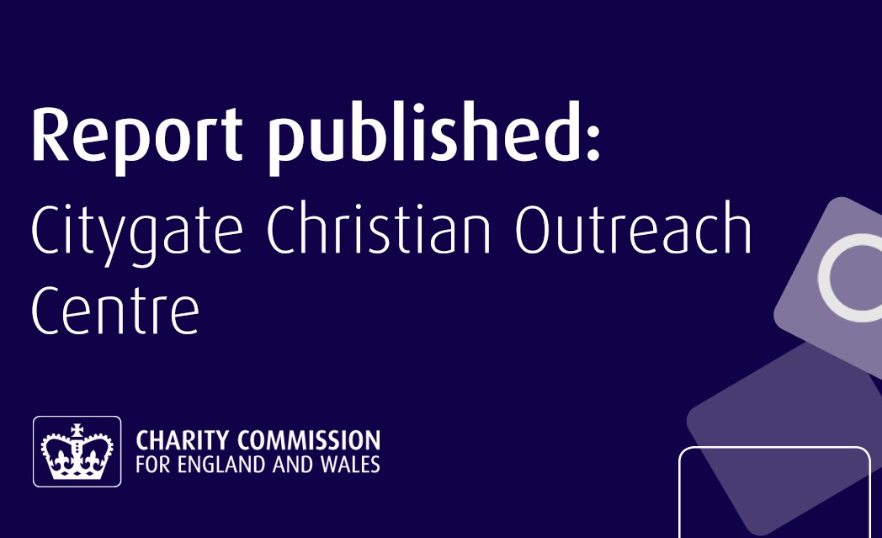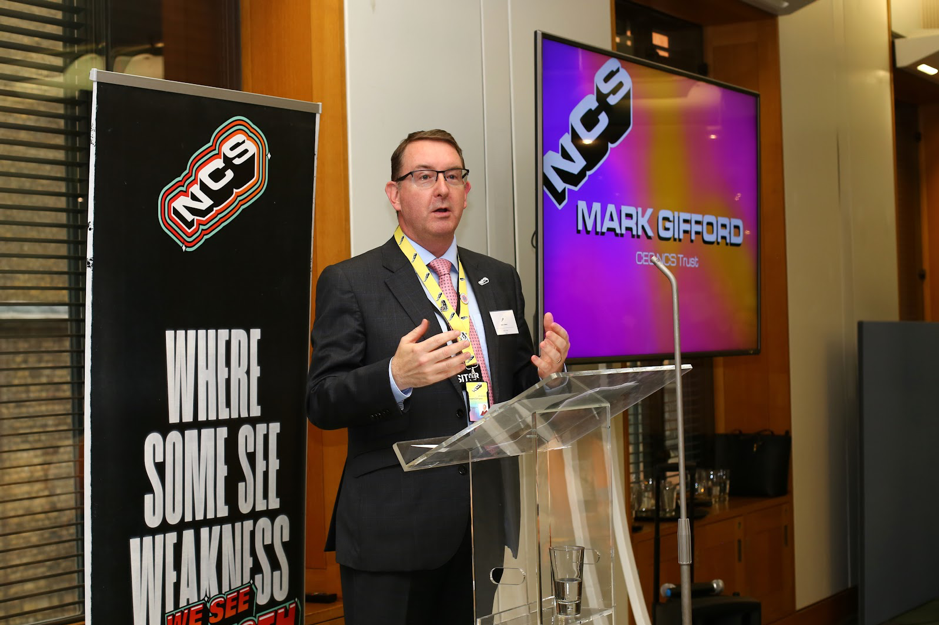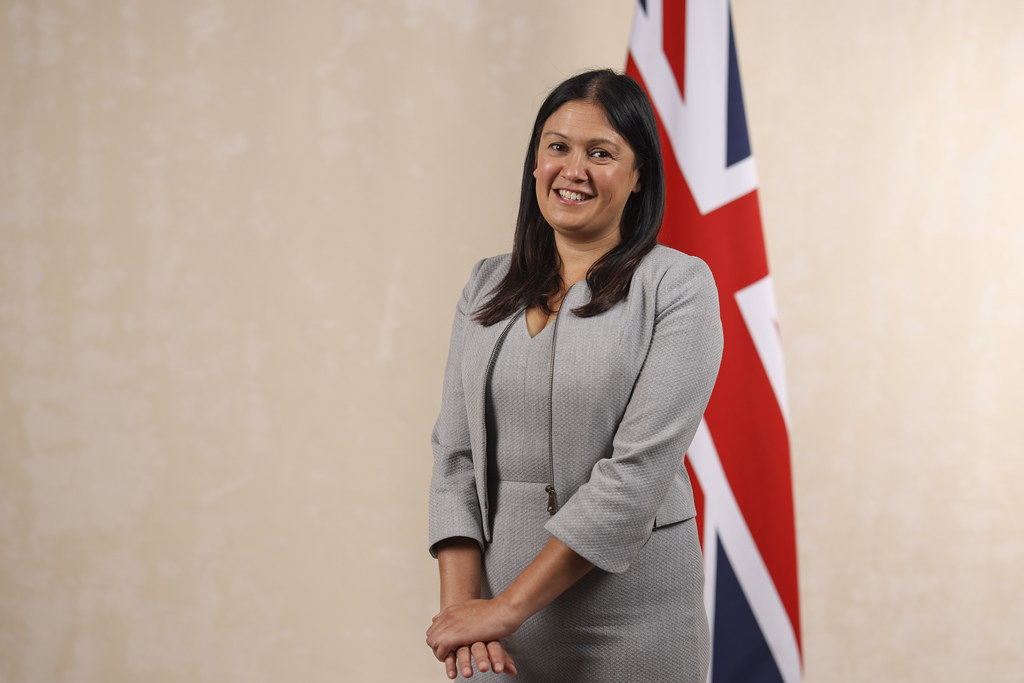A Christian charity has clawed back just over half of £1m in unsecured loans made to a Dubai property developer linked to a former trustee.
Six years ago, the former trustees of Citygate Christian Outreach Centre had agreed the loan to the developer, who was an associate of a trustee at the time and had proposed an investment opportunity for the charity.
The loan would be used to finance an overseas real estate project and would be repayable within 60 days of recall and attract interest of 10% a year.
But the developer did not provide any paperwork to the former trustees to evidence “how the loans would be used or how the interest would be generated”, found the Charity Commission, which has been investigating the charity’s finances.
It found that a raft of loans were made to the developer by the charity over the next three years, in which the former trustees “failed to make any enquiries even at the most basic level to establish how the loans were being used”.
This was despite there being “no evidence that properties were being developed or any progress being made, and therefore no evidence that the loans would be repaid”.
“Nonetheless, the former trustees continued to sign loan agreements on behalf of the charity and to send charitable funds to the property developer,” found the regulator.
Eventually by March 2021 the charity decided to call the loans in after an auditor warned there were “potentially serious damaging effects of the unsecured loans on the charity’s viability”, said the Charity Commission, which had placed the charity in its double defaulter class inquiry after failing to submit accounting information on time two years in a row.
However, a further loan of £40,000 was made to the developer a month later, to bring the total loaned to £948,450.
This additional loan “demonstrated to the inquiry the former trustee’s inadequate decision making and inability to grasp the seriousness of the auditor’s qualified opinions,” said the Commission.
It details how between April 2021 and August 2022 the charity made several requests for full repayment. Each time the charity “was promised that payment would be forthcoming, but no repayment materialised”.
Last year the charity took legal advice on how to recoup the money and issued a statutory demand for repayment to the property developer, with a 21-day window for repayment and filed a bankruptcy petition against the property developer.
Eventually a settlement agreement was made last November for the full return of the original loan value, “plus some recovery of interest and costs”.
So far, more than £500,000 has been recovered and the Commission is optimistic that “if the property developer continues to adhere to the settlement agreement, the charity will not have suffered a financial loss”.
We've concluded our inquiry into Citygate Christian Outreach Centre.
— Charity Commission (@ChtyCommission) July 8, 2024
Read the report: https://t.co/O9IimEKmro pic.twitter.com/nRbNGjca5a
Former trustees Alan Samways, Julian Melfi and Olawale Dada have been banned from being a trustee or holding senior management roles in any charity in England and Wales.
Dada’s ban is for two years as his role was to fail “to take any reasonable step to oppose” the property deal.
The inquiry into the charity is now closed with the Commission finding there was serious misconduct and/or mismanagement by Samways and Melfi, and to a "lesser extent" Dada.
The charity now has an entirely new board, which has “demonstrated to the Commission that they are taking steps to recover the charity funds”.
The remaining money is due to paid by this year.
“When considering high risk decisions particularly those involving significant sums of money, it is difficult to see how trustees could discharge their legal duties without taking and properly considering independent professional advice as they would be exposing the charity and its property to significant risk by failing to do so,” said the Commission”
“Donors and beneficiaries have a right to expect trustees to take appropriate steps to protect property of the charity.
“Trustees are jointly and equally responsible for the management of their charity. They must ensure that their charity has adequate financial and administrative controls in place, and that the funds of their charity are applied for the benefit of the public for which it has been set up.”













Recent Stories